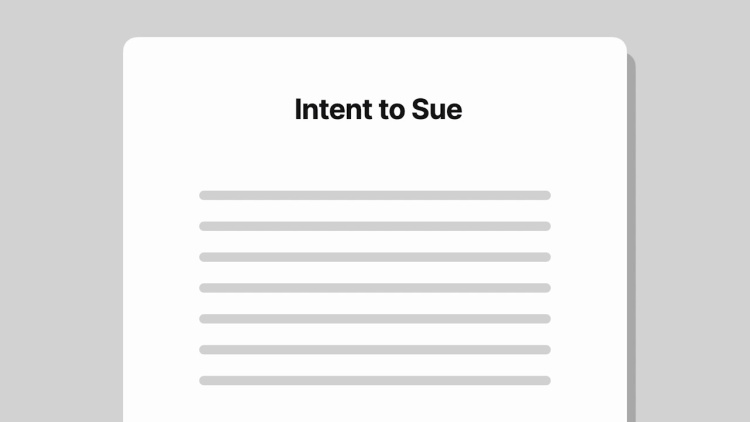Fund for Animals, Inc. v. Rice
United States Court of Appeals for the Eleventh Circuit
85 F.3d 535 (1996)
- Written by Susie Cowen, JD
Facts
Sarasota County, Florida (County) (defendant) sought to build a municipal landfill. In November 1989, the County applied to the United States Army Corps of Engineers (Corps) (defendant) for a permit under the Clean Water Act (CWA). The CWA prohibits the discharge of dredged or fill material into water without a permit, and the Corps may grant the permit only if the proposed discharge is consistent with guidelines promulgated by the Environmental Protection Agency (EPA). In June 1990, the Corps sent notice of the County’s permit application to government agencies, private organizations, and other interested parties; the Corps sought public comment on the application. Upon receipt of this notice, the Fish and Wildlife Service (FWS) (defendant) issued a Biological Opinion consenting to the project, but the EPA recommended denial of the permit. The County's original permit application estimated that 120 acres of wetlands could be affected by the landfill, but in response to the EPA’s recommended denial of the permit, the County submitted an alternative proposal in September 1993 that included a reduction of the total acreage to be affected. In February 1994, the EPA notified the Corps that it no longer objected to the permit. The Corps completed its Environmental Assessment in May 1994. The Corps concluded that no environmental impact statement (EIS) was required and that a public hearing on the permit application was unnecessary, in part because there had already been two public hearings at the state level and because the Corps had already received a large amount of written opposition from the projects' opponents. The Corps then granted the permit on June 3, 1994. Two weeks later, the Fund for Animals, Inc. (Fund) (plaintiff) notified defendants of its intent to sue to prevent the construction of the landfill because the proposed site was inhabited by two indigenous species that the FWS had designated endangered and threatened. The FWS, which had not considered the effect on those species when it issued its initial Biological Opinion, issued a new opinion concluding that the project was unlikely to jeopardize the existence of either species. After the FWS issued this new opinion, the Fund filed its lawsuit. The Corps suspended the County’s permit. Upon considering additional opinions from the FWS and its own independent environmental assessment, the Corps reinstated the permit with some modifications. The Fund filed a second amended complaint, seeking declaratory and injunctive relief. The district court granted summary judgment in favor of the defendants, and the Fund appealed.
Rule of Law
Issue
Holding and Reasoning (Dubina, J.)
What to do next…
Here's why 907,000 law students have relied on our case briefs:
- Written by law professors and practitioners, not other law students. 47,100 briefs, keyed to 996 casebooks. Top-notch customer support.
- The right amount of information, includes the facts, issues, rule of law, holding and reasoning, and any concurrences and dissents.
- Access in your classes, works on your mobile and tablet. Massive library of related video lessons and high quality multiple-choice questions.
- Easy to use, uniform format for every case brief. Written in plain English, not in legalese. Our briefs summarize and simplify; they don’t just repeat the court’s language.





